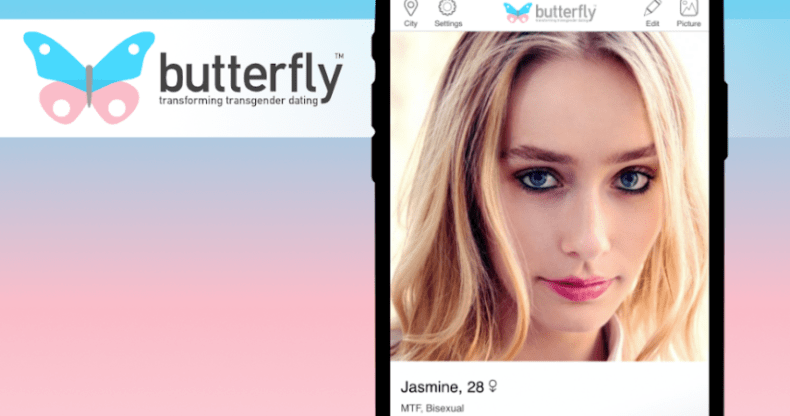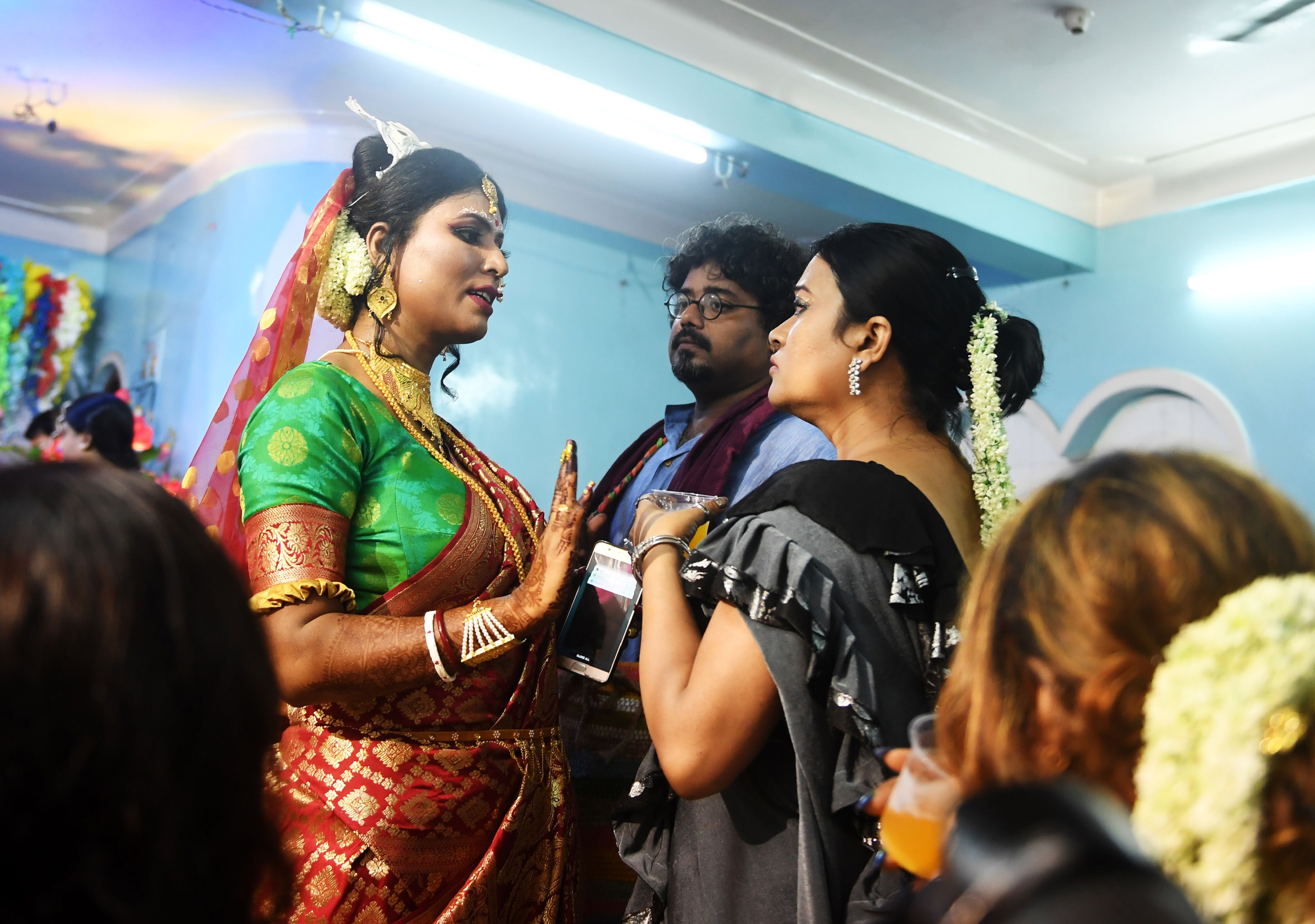Trailblazing new dating app giving priority to transgender people launches in India

New dating app Butterfly puts transgender people first (Butterfly.dating)
A dating app specifically for transgender people has launched in India to cater for the country’s estimated 500,000-strong transgender community.
Butterfly offers a secure dating environment for transgender people, who experience higher rates of rejection on other apps. It welcomes people of any gender and sexuality who are open to dating trans people.
First launched in the UK in October, Butterfly now has more than 42,000 users across two dozen countries including Australia, Canada, France, Germany, Israel, New Zealand, Spain, the UK and the US.
Users can choose from 24 gender options and 10 sexuality options on their profile, and can change this at any point.
“Everyone on Butterfly is interested in dating transgender people so you don’t get that difficult dilemma, do you tell a new potential partner that you’re trans at the start or after a few dates,” the app promises. “The pressure is removed, allowing you to focus on meaningful and exciting connections.”
The trailblazing app was extended to India for the first time this week, with a strong focus on privacy.
To protect anonymity there is no forced linking of social media accounts. No personal information such date of birth are included, passwords are strongly encrypted, and private messages are erased from the server after 30 days.
Usernames have to be selected from a list of 20,000 pre-approved first names to ensure no one can give away their full name.

India’s first ever transgender wedding in 2019 (Dibyangshu Sarkar/Getty)
Transgender rights in India.
In recent years India has made tentative steps towards transgender rights, officially recognising trans people as a third gender in a landmark Supreme Court ruling in 2014. However, strongly anti-LGBT+ attitudes prevail throughout the country, and many steps forward are not as progressive as hoped.
2019 saw India’s first ever transgender wedding, as well as the decriminalisation begging for transgender people after the trans community argued that it was their primary source of income.
The state of Chhattisgarh announced a recruitment drive for trans police officers. But despite outing themselves and going through months of training and study, none of the new applicants were actually permitted to join the force.
The government also proposed The Transgender Persons (Protections of Rights) Bill, which promises to “mitigate the stigma, discrimination, and abuse against the marginalised section and bring them into the mainstream of society”.
But trans rights groups strongly criticised the legislation, arguing that it would see trans people tangled in red tape, having to register as trans, then provide proof of surgery to the authorities. They will also be required to seek approval before a “screening committee” before legally changing their gender.
Despite immense pressure from queer activists, the “regressive” bill was passed in November.

